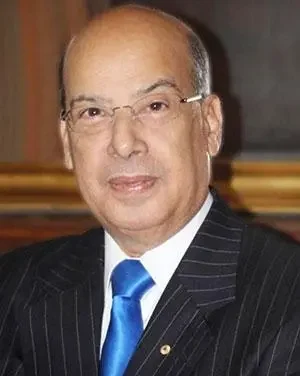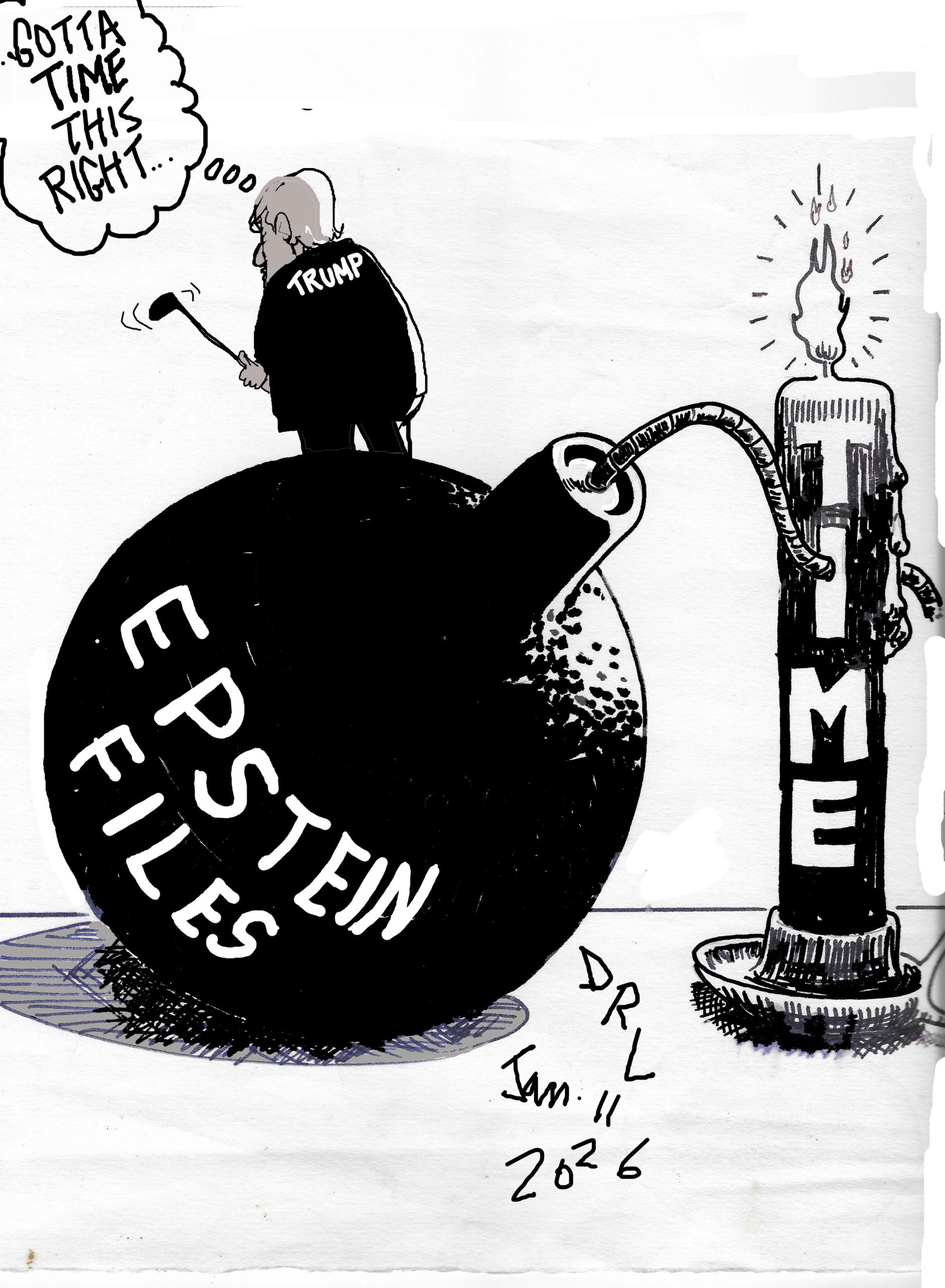Latest update January 12th, 2026 12:30 AM
Latest News
- Ram warns Govt. against excessive spending as oil prices likely to dip further
- Cuba defiant after Trump says island to receive no more Venezuelan oil or money
- Change in Venezuela’s leadership will not alter oil trajectory, ease climate pressures
- Banks DIH opens $13.7B beer plant
- Norton refuses to make suggestions for 2026 budget
Jagdeo refuses to address ExxonM’s interest rates on investments
Jul 31, 2024 News
– as citizens remain in the dark since oil operation began
Kaieteur News – As more oil projects being approved by the Guyana Government the issue of the interest rates being charged by the operator of the Stabroek Block, ExxonMobil Guyana Limited (EMGL) continue to concern Guyanese. However, Vice President and chief policymaker of the sector Bharrat Jagdeo has dismissed these concerns.
It must be noted that several countries including neighbouring country, Suriname do not allow oil companies to charge interest rates on their investments.
Previously, VP Jagdeo said Guyana was paying a rate to Exxon as this is a standard practice for a return to be generated on a company’s equity. “Regardless of whether you make the financing in the form of a loan or equity, you have to get a rate return. There is a cost of capital and that is how it is,” Jagdeo asserted. Despite multiple attempts by this newspaper to clear the air on this issue however, the government has refused to tell the nation how much interest was being charged on the companies’ investments.
ExxonMobil and its partners, Hess and CNOOC each make annual equity contributions to support the Stabroek Block operations. Consequently, the companies each receive an interest on the financial investments. This rate of return, though justified by Jagdeo remains a mystery, although this country’s resources are being used to pay those companies.
His most recent approach to questions on these matters is to tell a reporter from this publication at his weekly press conference at Freedom House on Robb Street, that the capping of the interest rates is “an old question” he has “dealt with a million times” before. The VP was asked by this publication is “Sir, When do you plan to join the rest of the oil producing world in capping Interest rates charged by the oil companies?”
He said, “I am not dealing with that. That was dealt with one million times before. That is an old question that has been dealt with a million times.” Despite his claim of dealing with the issue a million times, the interest rate seems to be kept under lock and key with strict security details as the public is yet to know the financial burden they are saddled with for years to come. ExxonMobil is free to recover the interest, expenses and fees incurred on loans for the development of the resources in the Stabroek Block, without consent from the Minister responsible for Petroleum.
This is outlined in the 2016 Production Sharing Agreement (PSA) Guyana signed with ExxonMobil and Co-Venturers, Hess and CNOOC. Annex ‘C’ of the Agreement, specifically in Section 3.1, which governs costs that can be approved without the Minister’s approval states: “…interest, expenses, related fees incurred on loans raised by the Parties comprising the Contractor for Petroleum Operations and other financing costs provided that such expenses, fees and costs are consistent with market rates.” The government, despite repeated requests, has been reluctant to disclose the interest rates being charged by the developer.
Jagdeo in October of last year during one of his weekly media engagement was asked to bring clarity on the issue when he said he was not going to “confirm anything”. Also in the same month Exxon’s Country Manager, Alistair Routledge, in response to a question from this publication said that Guyana is not being charged an interest rate on its multibillion-dollar investments in the Stabroek Block. According to him, “ExxonMobil is not charging any interest on what we are recovering like for the Liza projects and the likes, we are not charging financing costs to Guyana so one of the things that’s been raised before is Guyana in debt to the Stabroek investors and it’s not true.”
Routledge continued, “The country is never in debt; that’s the beauty of a production sharing agreement, it’s the investors (that) take all that investment risk. We invest the capital and the cost recovery mechanism only pays back the dollars we have invested, (so) there is no financing component.”
In a bid to clarify the pronouncements made by the President of ExxonMobil Guyana Limited (EMGL), Kaieteur News asked the VP to confirm whether the information was factual at his Thursday press conference. In what turned out to be a failed attempt to shed light on this critical aspect of the country’s oil sector, the policymaker made it clear that he will not be confirming this state of affairs. The VP said, “I’m not confirming anything of that (nature). I’m not confirming anything. If he says that and there is an interest rate and there is a charged interest rate in the cost bank then it wouldn’t be allowed. So it’s a straight forward matter for me as far as I’m concerned.”
Jagdeo has constantly dodged questions relating to the interest rates being charged by the oil company.
During a press conference in November last year hosted by the Minister of Natural Resources, Vickram Bharrat, Kaieteur News specifically asked the Minister to confirm the rate of return on Exxon’s multibillion-dollar investments in the Stabroek Block.
The Minister went on to provide an unrelated answer, explaining that Guyana was not investing in the oil and gas sector. He said, “The government is not directly investing in the oil and gas sector. That is the misinformation I believe that is being spread and there is this perception among our people, that the government is taking the money and investing in oil and gas but if I ask you as the media how much money did Guyana invest in oil and gas in the oil and gas exploration offshore, we haven’t invested anything. We haven’t invested anything, not a dollar in the exploration, the upstream activities offshore Guyana.”
IMF advice
Meanwhile, several international organisations, such as the International Monetary Fund (IMF), have warned Guyana about the abuse that can take place when companies are allowed to recover 100 percent of the interest on its investments. In fact, the IMF cautioned in independent reports that Guyana should, as a protective measure, should cap the interest that is allowed for recovery. In a 2018 report, the IMF said “the treatment of interest expenses in the Stabroek Block PSA is very generous, constituting an important source of possible revenue leakage.” In fact, the IMF said it examined several scenarios which illustrated how “excessive or abusive” oil companies can be in the use of loans to fund oil projects. The IMF said it examined three scenarios, one of which looked at 75 percent to 100 percent of the development costs for the Liza One and Liza Two Projects in the Stabroek Block being funded by loans with a repayment period over 10 years with a 10 percent interest rate. The IMF said the revenue loss could be as high as US$2.6B. Such a practice, the organization said can have a “detrimental impact” on government revenue.
Discover more from Kaieteur News
Subscribe to get the latest posts sent to your email.
Similar Articles
Listen to the The Glenn Lall Show
Follow on Tik Tok @Glennlall
Your children are starving, and you giving away their food to an already fat pussycat.
Sports
Jan 12, 2026
Kaieteur Sports – Following the revelation from Head of the Medical Panel of Cricket West Indies (CWI) Dr. Donovan Bennett, who recently earmarked pacers Alzarri Joseph and Shamar Joseph to be a...Features/Columnists
Jan 12, 2026
(Kaieteur News) – In December 2024, President Dr. Irfaan Ali issued one of the strongest warnings ever directed at the management of the Guyana Sugar Corporation (GuySuCo). Speaking publicly, and without ambiguity, he promised consequences if sugar production targets for 2025 were not met. His...Sir. Ronald Sanders
Jan 04, 2026
By Sir Ronald Sanders (Kaieteur News) – As 2025 draws to a close, the Caribbean Community stands at a moment that calls for less rhetoric and more realism. CARICOM is experiencing a period in which external pressure is intensifying, new norms are hardening among powerful states, and the need for...The GHK Lall Column
Jan 12, 2026
(Kaieteur News) – When former President Donald Ramotar speaks these days, I listen. He is due a hearing, and I urge Guyanese to listen. His latest contribution drips with pragmatism, warns of the precautionary steps that other nations may embark upon, and then what? That contradiction...Publisher’s Note
Freedom of speech is our core value at Kaieteur News. If the letter/e-mail you sent was not published, and you believe that its contents were not libellous, let us know, please contact us by phone or email.
Feel free to send us your comments and/or criticisms.
Contact: 624-6456; 225-8452; 225-8458; 225-8463; 225-8465; 225-8473 or 225-8491.
Or by Email: glennlall2000@gmail.com / kaieteurnews@yahoo.com













